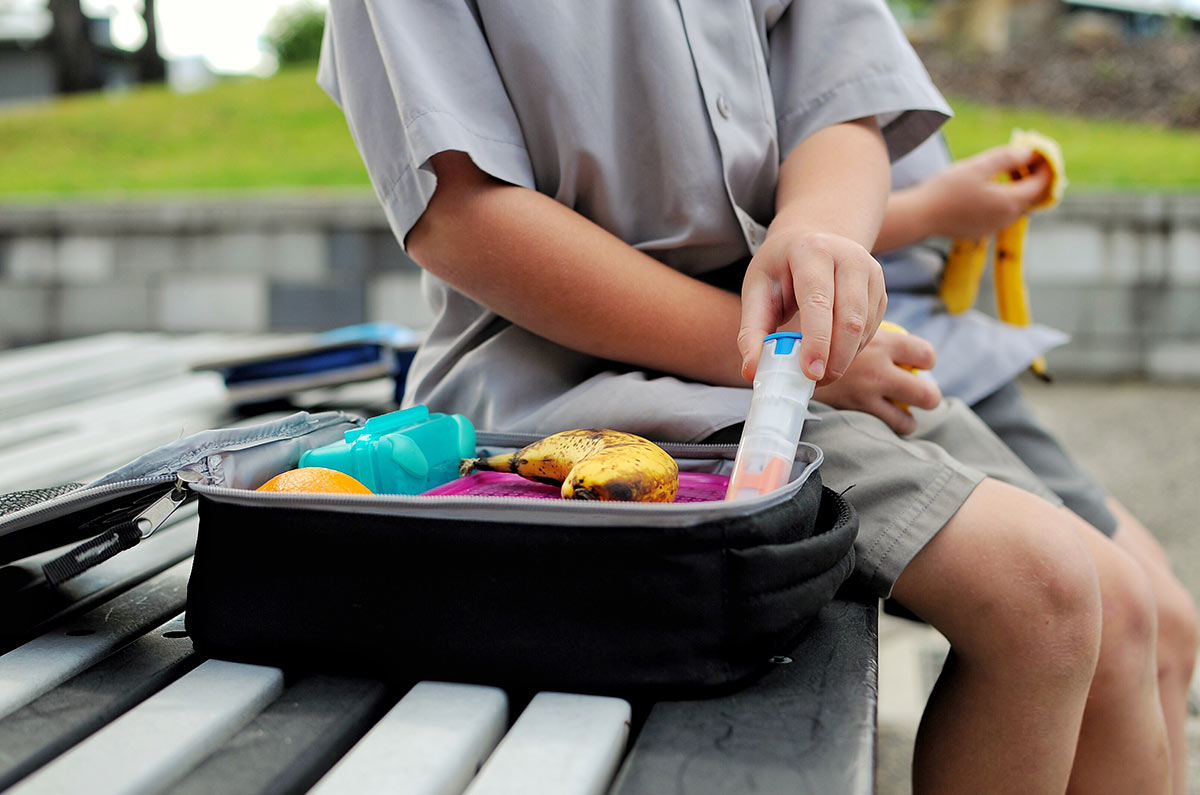Food Allergy Bullying: A Growing Problem
July 01, 2018
 University Hospitals Rainbow Babies & Children'sExperts in Children's Health
University Hospitals Rainbow Babies & Children'sExperts in Children's Health

If you feel like you spend a lot more time worrying about possible allergens in your kids’ lunches than your parents did, you’re probably right.
Since the 1990s, the prevalence of food allergies has risen significantly, according to data collected from the National Health Interview Survey. Researchers aren’t sure why. It could be that people are more aware of allergies these days, which makes them more likely to be recognized and diagnosed. Whatever the case, food allergies are everywhere, and that’s led to a side effect more surprising than rashes or throat swelling: food bullying.
A growing problem

Roughly one in 13 children suffers from food allergies – and about a third of these kids report that they’ve been bullied for it. That’s the word from Food Allergy Research & Education, a nonprofit organization dedicated to food allergy awareness, education and research. Compared with children who do not have a medical condition, children with food allergies are twice as likely to be bullied.
Bullying is always serious, but when it comes to food allergies, it can be especially dangerous. That’s because an allergic reaction can be life-threatening. Bullies most often tease children about their allergies, but some might also touch and harass children with their food allergen.
Steps to take
To prevent bullying, all parents should make sure their kids know that food allergies aren’t a joke. If your child has allergies, these tips from Kathryn Ruda Wessell, DO, a pediatric allergy and immunology specialist at University Hospitals Rainbow Babies & Children’s, can help him or her deal with the potential of bullying:
- Encourage kids to speak up if they're being bullied. About half the time, children don't tell their parents they're being bullied. Dr. Ruda Wessell says, “Let them know they can come to you with any problems like this, and encourage them to let a teacher or other trusted adult know what's going on.”
- Learn the signs that your child is being bullied. Your child may not confide in you, so it's also important for you to know what to look for. “A loss of interest in going to school, behavior changes, unexplained injuries, and physical issues like headaches and stomachaches can all be signs that your child is being bullied,” says Dr. Ruda Wessell.
- Teach kids to deal with bullying behavior. When children know how to stand up for themselves by saying “stop” and walking away confidently, the bully could lose interest.
- Champion food allergy education. Kids who don't have personal experience with a food allergy might not understand how it's different from a food preference. Dr. Ruda Wessell recommends, “Ask those in charge at schools, camps and extracurricular activities to offer education about allergies to all students.”
Have a question?
Have a question? We’ve got answers. Call our pediatric nurse line 24/7 at 216-815-0059 and get a reply from one of our pediatric experts.


